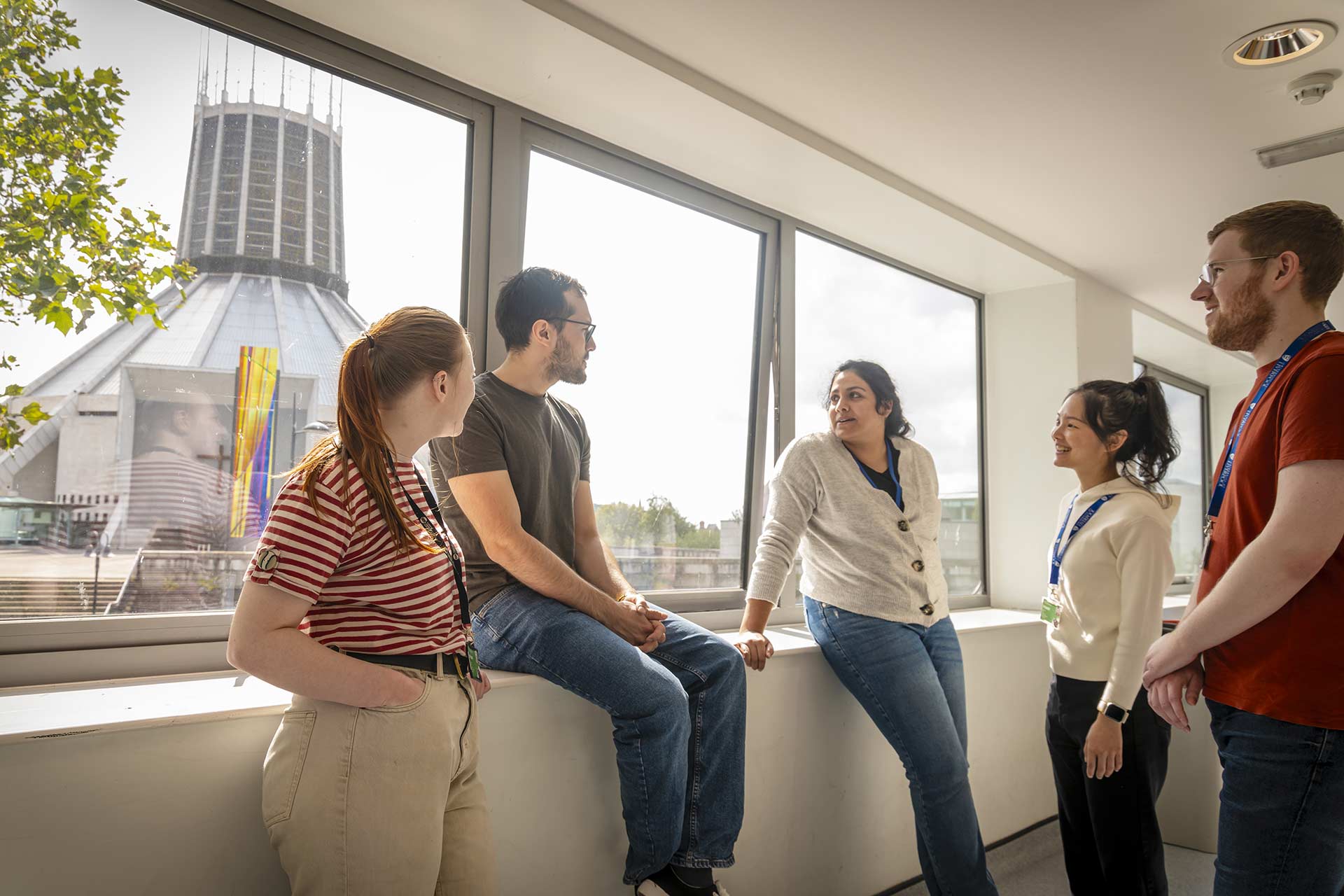Accessibility and inclusivity
The following are the basic requirements for holding an inclusive and accessible event or partner relationship:
- Act respectfully and be supportive: Encourage kindness and support while avoiding harassment. Harassment includes offensive comments, inappropriate jokes, verbal abuse, stalking, and unwelcome photography. If you witness bad behaviour, let the person know it's not cool
- Behave professionally: Keep public engagement professional and inclusive. Be courteous, respectful of diverse opinions, and avoid language or behaviour that could exclude anyone. This applies both in person and online
- Communicate appropriately: Use language and imagery suitable for a professional audience. Refrain from using sexist, sexual, or derogatory language. Ensure your online behaviour is as professional and safe as your in-person interactions
- Work collaboratively: Embrace diversity and collaboration. Value different perspectives and experiences. If someone is acting inappropriately, they should stop immediately when asked. This creates a positive and collaborative environment
- Provide access for all: Make NCCPE activities accessible to everyone. Share information early so participants can communicate their access needs. Take steps to remove barriers, provide alternatives, and ensure the network is welcoming for all participants.
Accessibility
Accessibility is an extremely important aspect to consider of public engagement planning. Not only is it important for everyone to have an equitable opportunity to take part in public engagement, but it will also increase the value and impact of your PE activities.
Consider your audience when planning a public engagement activity, like teaching dog owners to identify signs of tooth rot. If you choose to hold the event at a seminar room at the University, will it attract a diverse group of dog owners? Factors like accessibility, public transport, staircases, and complex directions to unfamiliar places may hinder elderly or disabled dog owners from attending if not adequately addressed.
If you are booking a shared teaching space in the Main University Campus, you are able to access a catalogue that provides details on the disability facilities available in your chosen room and building. You may also be able to access a 360° view of the room.

School of Medicine: EDI Toolkit
The School of Medicine have put together an EDI Toolkit on how to embed EDI prinicples into teaching. This can be applied to many other areas and events.